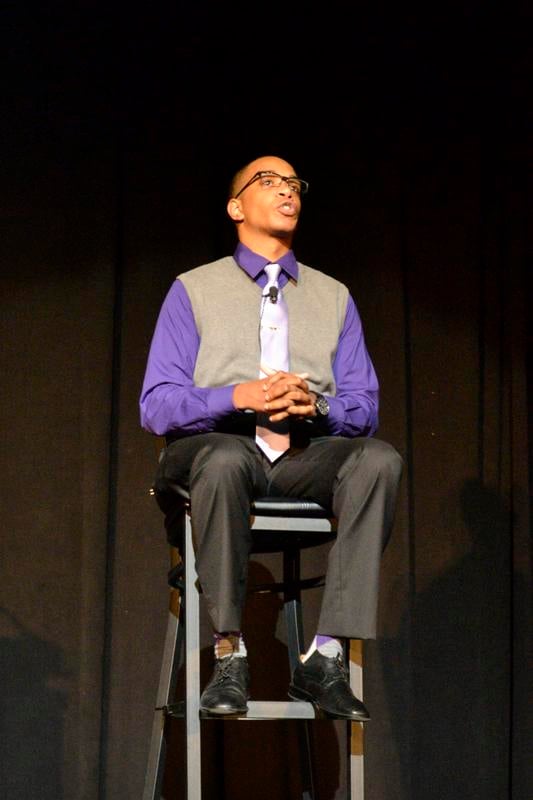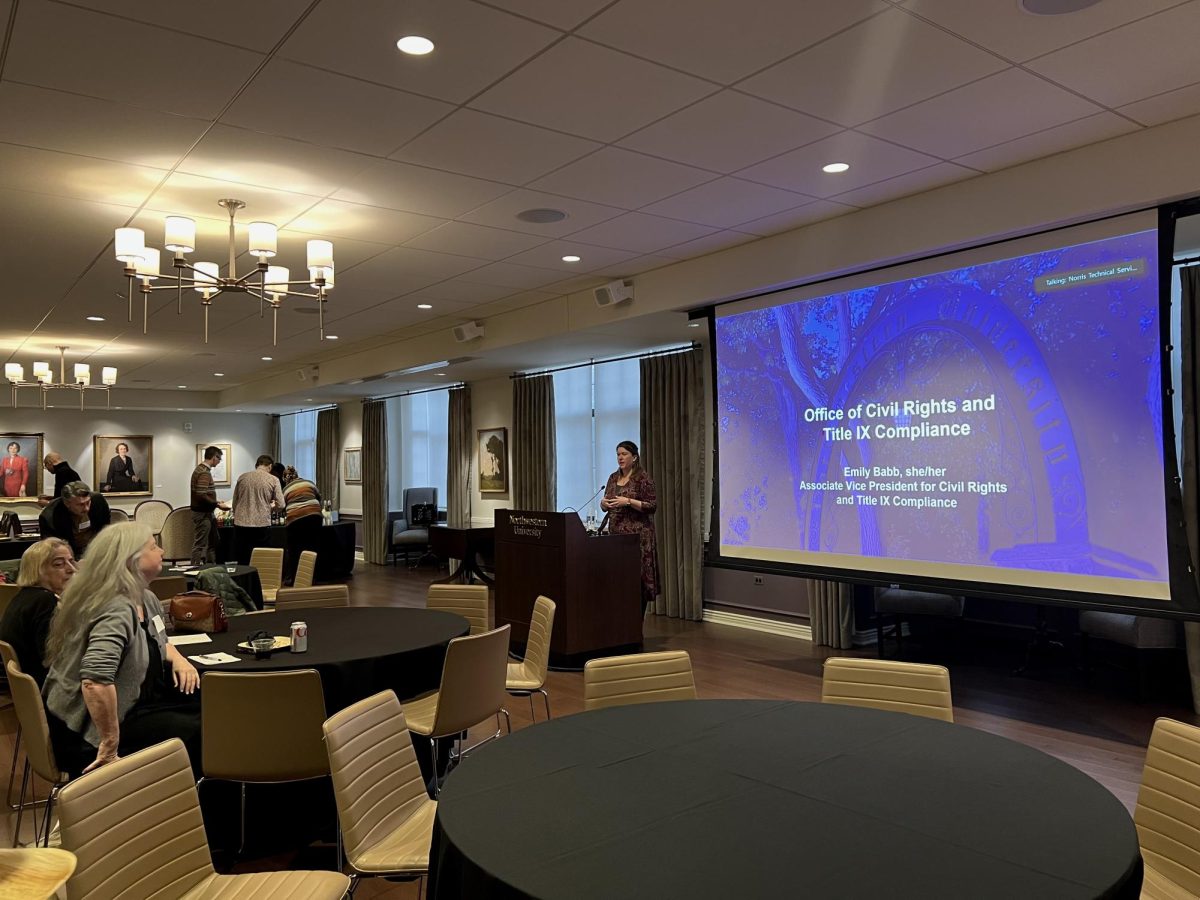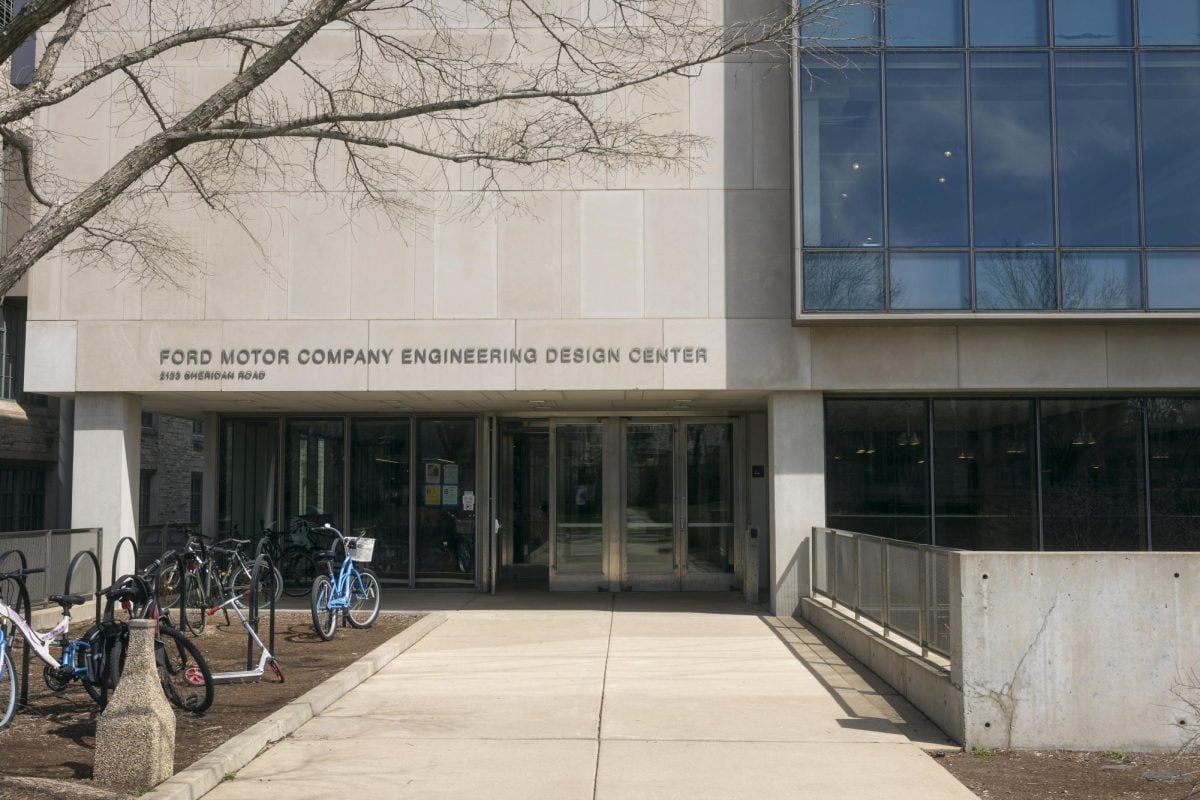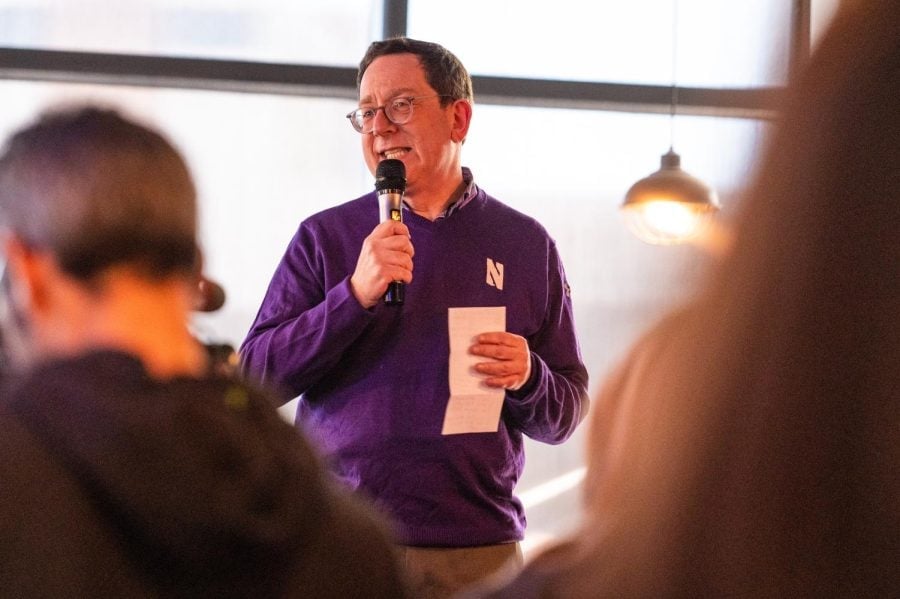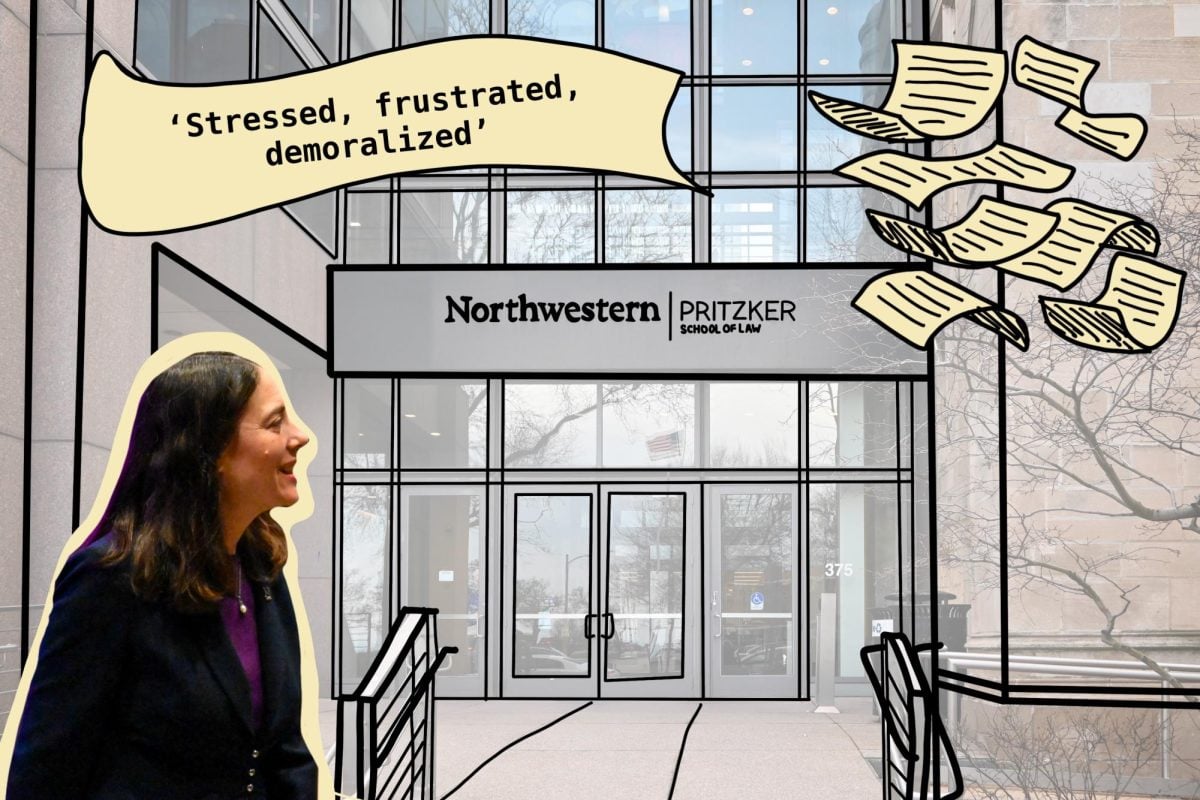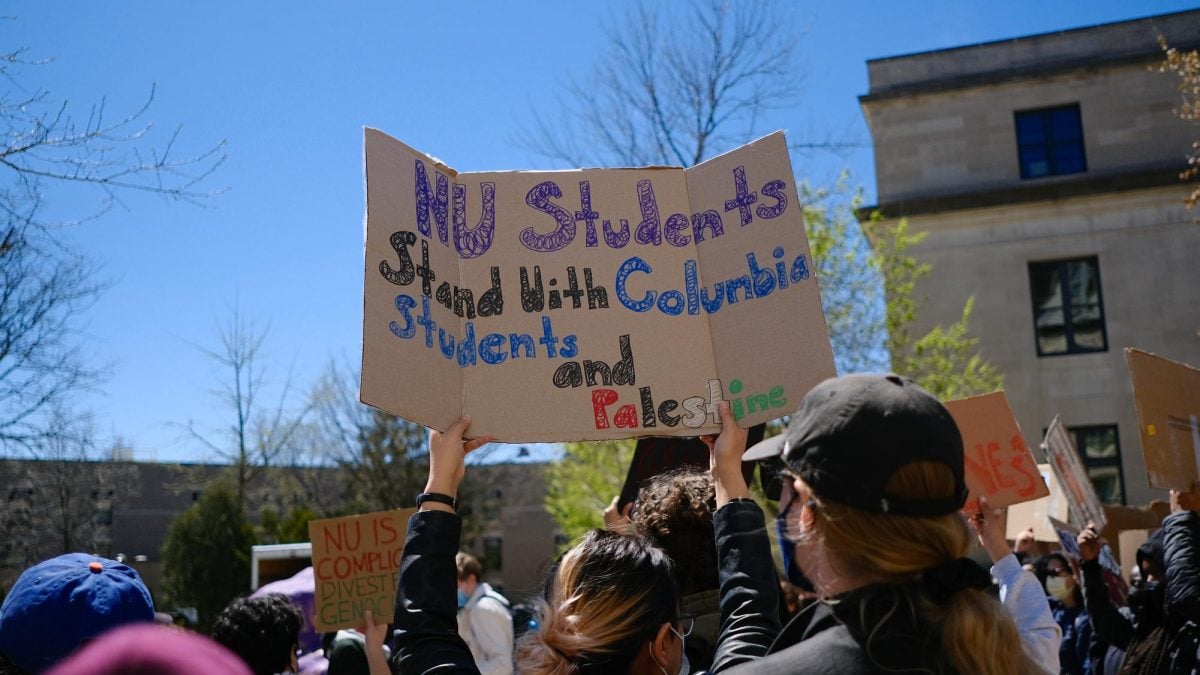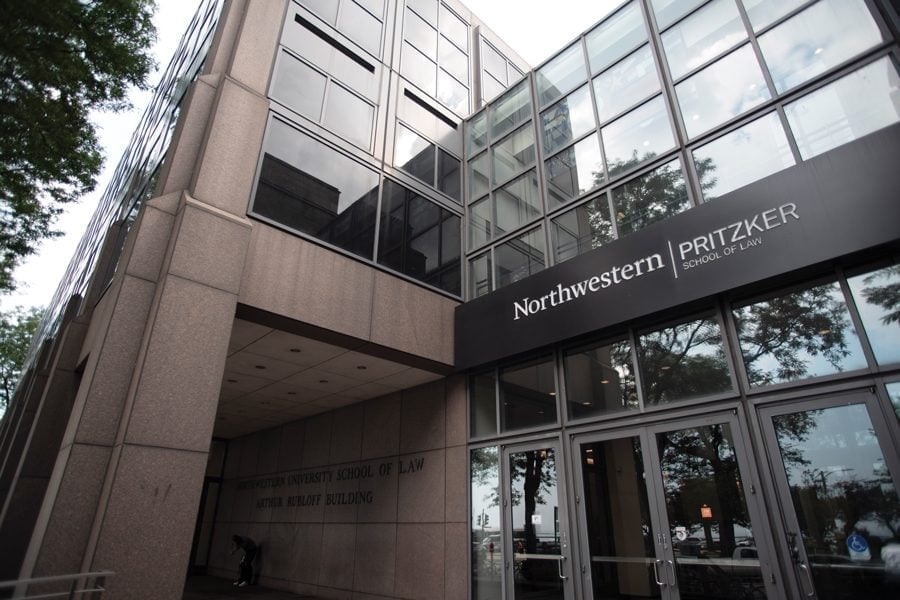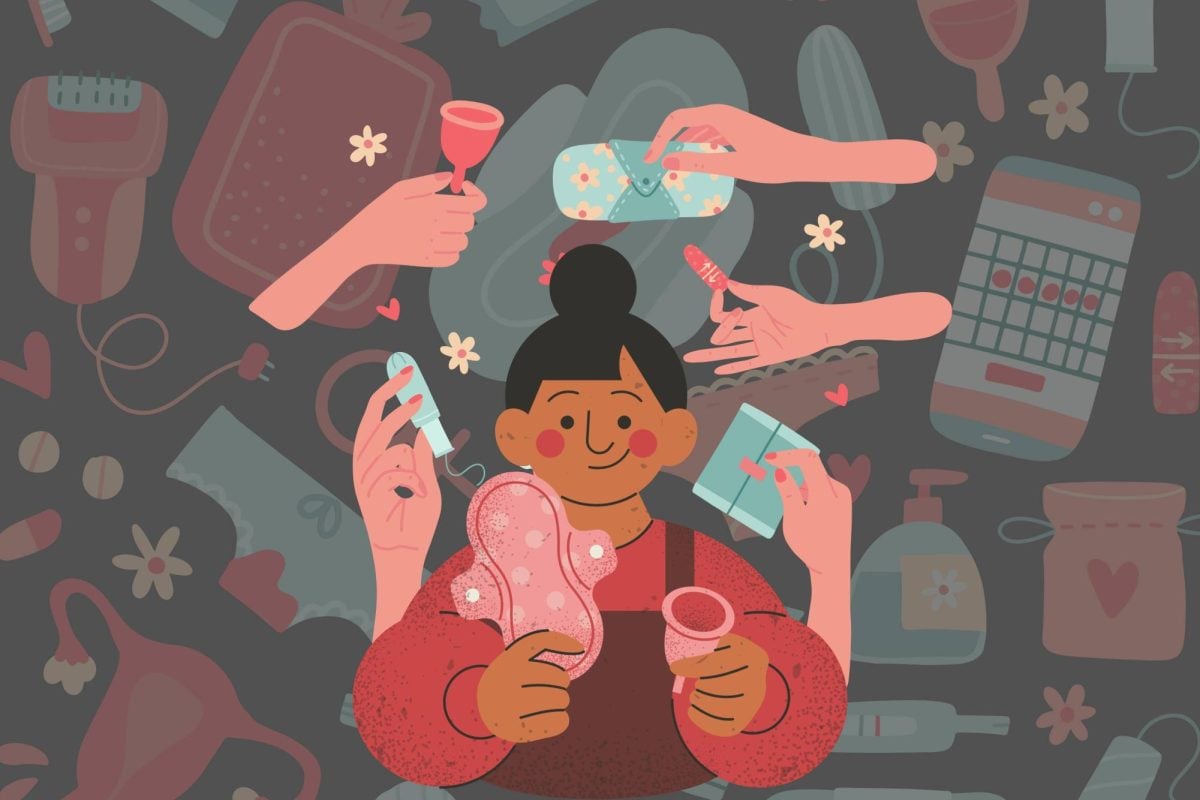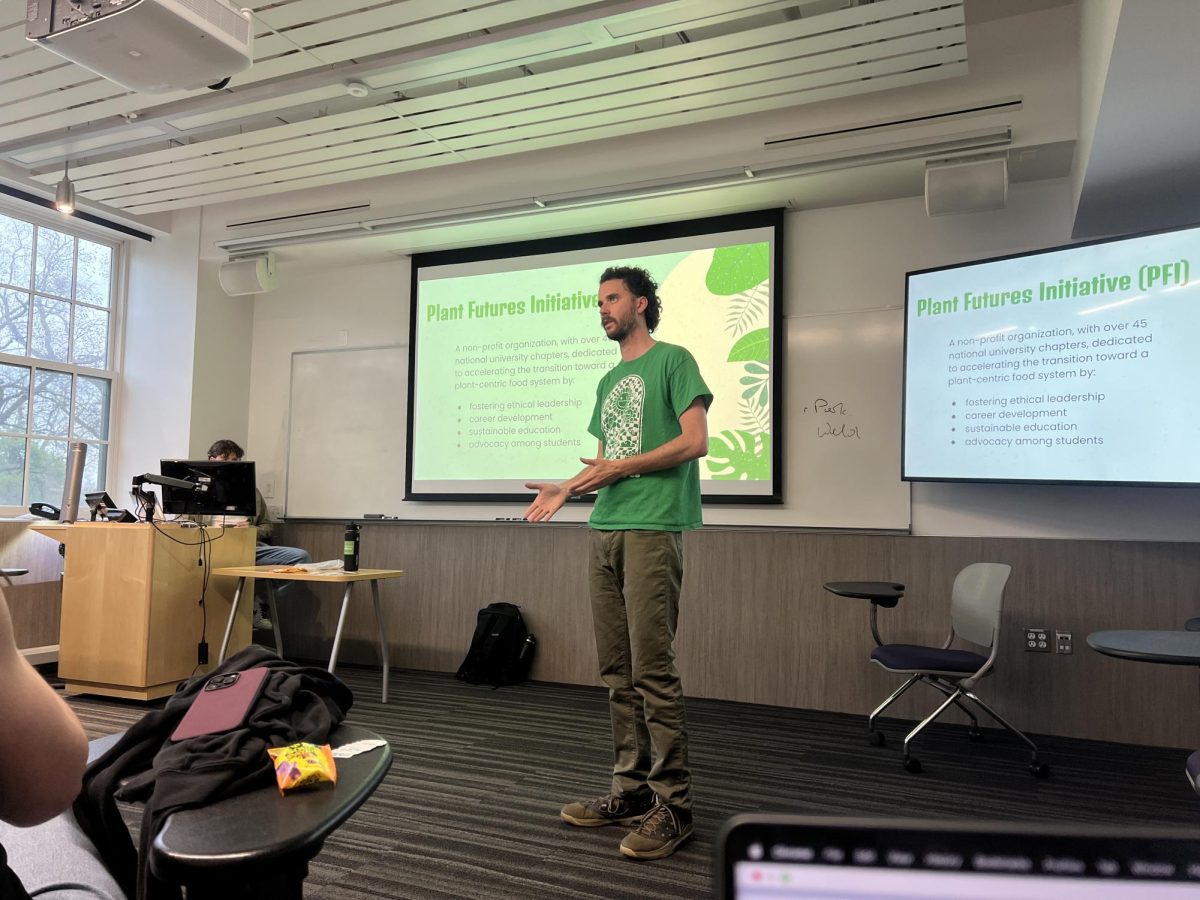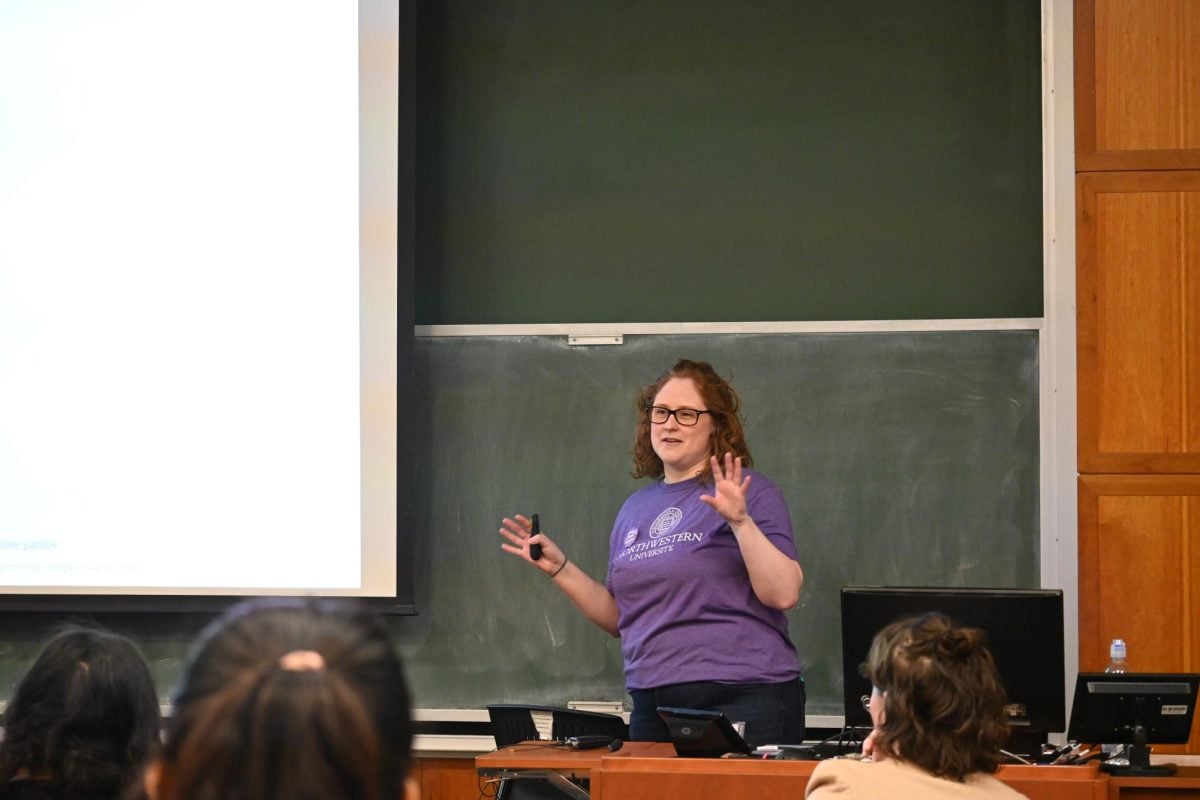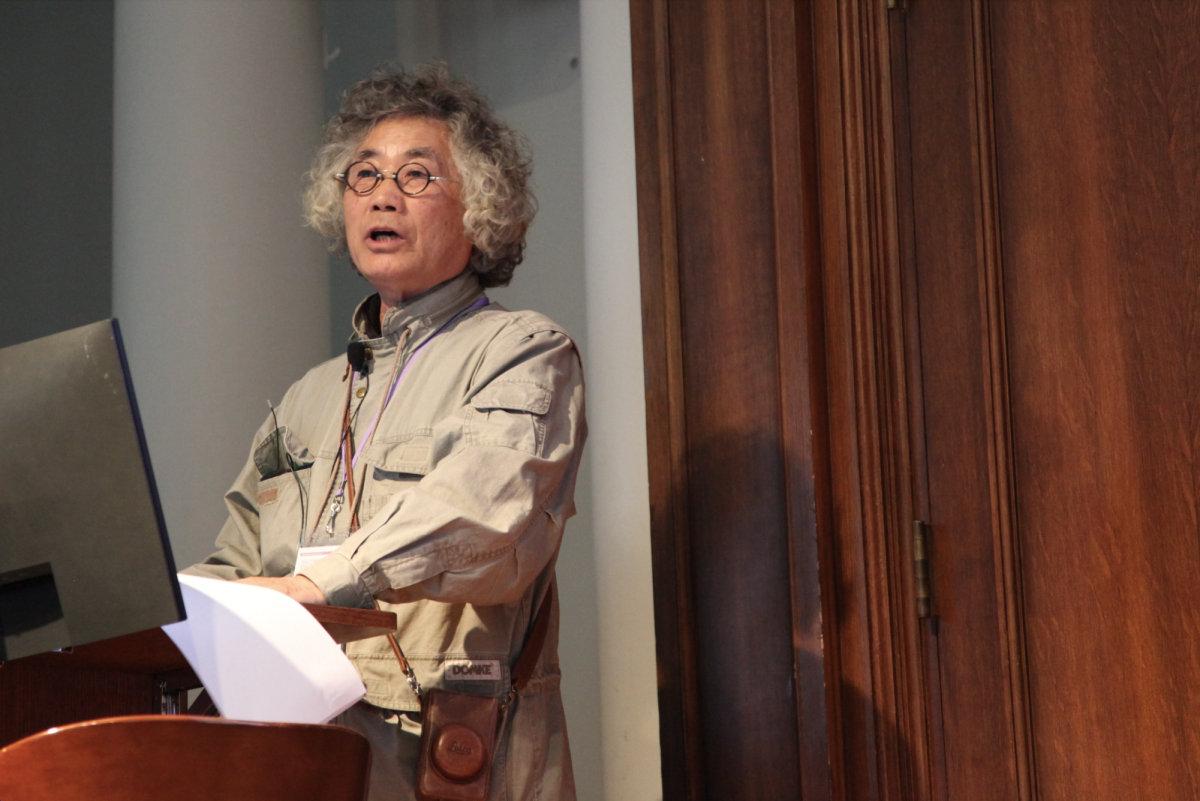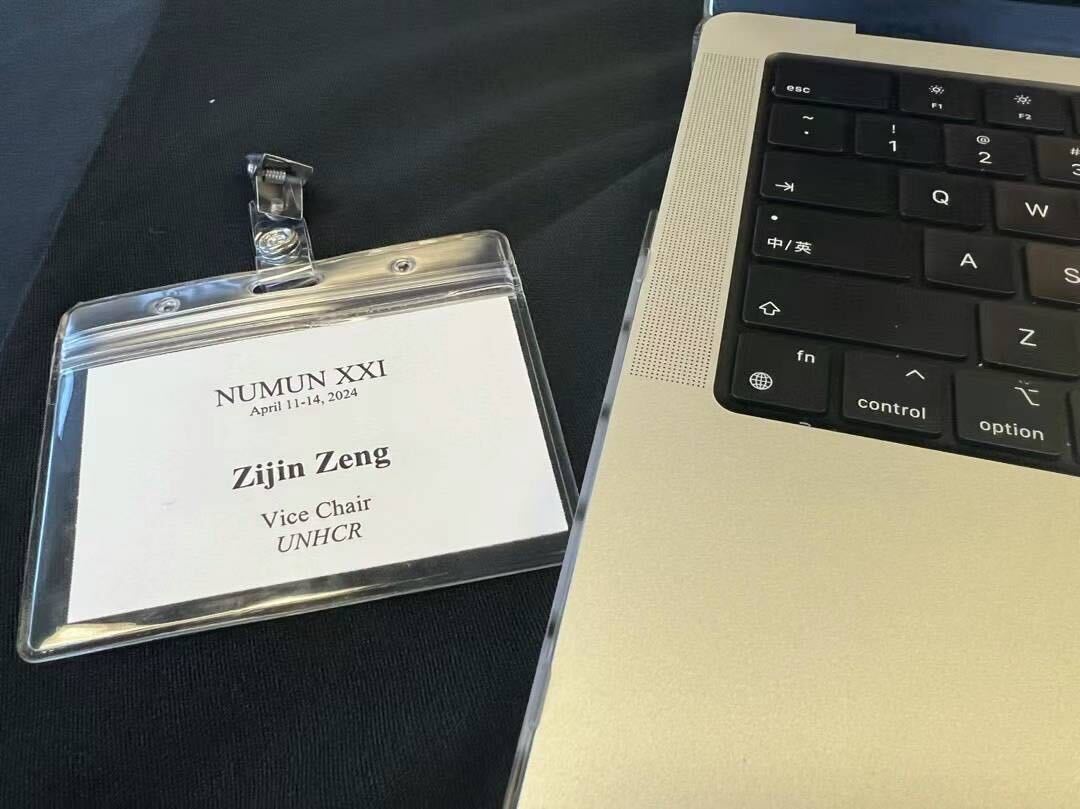After an academic year that brought mental health issues at Northwestern to the forefront of campus discussions, a new required event for freshmen and transfers debuted Sunday night at Welsh-Ryan Arena.
The latest addition to the series of Essential NU events presented to incoming students included talks from John Dunkle, director of Counseling and Psychological Services; Patricia Telles-Irvin, vice president for student affairs; and Ani Ajith, Associated Student Government president. Jordan Burnham, a member of Active Minds’ Speakers Bureau, gave the program’s featured speech.
Burnham spoke of how his struggle with depression fueled his attempt to take his own life. He stressed that being able to talk about psychological problems is key to taking care of oneself and emphasized that such discussion is important for all issues on the mental health spectrum, from sadness and stress to depression and disorders.
“You’re going to be told one thing over and over again, that you have even bigger responsibilities,” Burnham said. “You have responsibilities to make sure you get enough sleep, that you make sure you get to class, that you study, that you do your homework. You have all these responsibilities, which is true, but you also have the bigger responsibility to take care of your mental health at the same time.”
Burnham said he hopes his story will inspire students to continue the conversation and encourage them to make mental health a topic of conversation at NU. Following Burnham’s speech, Dunkle outlined University organizations that offer mental health resources, including CAPS, the Women’s Center, the Dean of Students’ Office, Sexual Health and Assault Peer Educators and NUhelp.
“If there’s one clear message that we want you to leave with, it is that it is OK to ask for help,” Dunkle said.
Ajith echoed that sentiment, saying the senior class has succeeded at NU by learning to recognize their limits and care for each other. He added that recognizing one’s limits means realizing that the mind can veer off the beaten path and that students should feel open talking about their problems.
Returning peer adviser Maria Rozo said the program’s focus on the message “it’s OK to get help” was important.
“It’s something we need to break down as a barrier,” the Weinberg senior said. “They should have gotten a little more in-depth on the resources and how to actually get in touch with people. For the first time having a mental health ENU, it was a great stepping stone, but it could definitely be improved in the coming years.”
Patricia Hilkert, director of new student and family programs, said the addition of mental health programming to Wildcat Welcome is an attempt to make students aware of the resources available to them and the ways the University can help them before the issues become too serious.
“Northwestern is packed full of resources and people who care and want to help, but all the time we hear that students have no idea these things exist,” Hilkert said. “I don’t want anyone saying ‘I had no idea that I could have gotten help for my mental health issues.'”
Telles-Irvin noted that student support for the programming was crucial to its inception.
“It was actually our students that came to us, your upper-class colleagues and peers that said to us, ‘We really need an ENU on mental health,’ and, because the students came to us with that request, we decided it would be a good idea,” she said.
Hilkert said although last year’s tragedies — including two student suicides — brought increased attention to the issue of mental health, the ENU has been in the works for several years.
“All the other events that occurred last year were happening at the same time as we were already working on this issue,” Hilkert said. “It was great to receive ASG support and all that, but it was all in the works. It’s very helpful that other student organizations and other students are supporting what we want to do. It’s good to see that people actually really want it to happen.”
Through the new program, she said, the University is trying to help students understand that mental health issues are not a cause for shame. She explained that because administrators believe the issue is particularly important, it is being addressed through required programming.
“Mental health issues are difficult to talk about, and students don’t want to admit that they’re struggling with something,” Hilkert said. “I think if it were optional, some of the people who really need the help wouldn’t take advantage of the information.”
Email: [email protected]
Twitter: @MadeleineElkins

